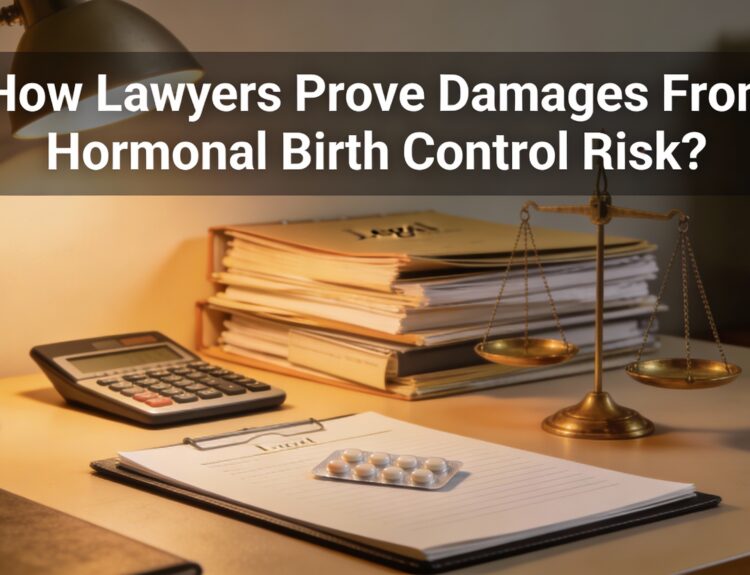Divorce is often a challenging process, bringing emotional, financial, and legal complications. For business owners, the stakes are even higher as they navigate how the dissolution of their marriage may affect their business. A business can be one of the most significant assets a couple owns, and understanding the potential impacts of a divorce on a business is crucial for any entrepreneur or business owner. This blog post will explore how divorce can impact your business and what steps you can take to protect your business interests.
Contents
1. Valuation of the Business
One of the first steps in divorce proceedings involving a business is determining its value. Both parties must agree on the business’s value before dividing it as an asset. This process usually involves hiring a professional business appraiser who considers factors such as income, assets, market value, and future growth potential. If the valuation is contested, it can become a lengthy and expensive process, often requiring multiple appraisals and expert testimonies.
The valuation process can have far-reaching implications. According to an experienced divorce attorney in Denver, a high valuation could mean that a business owner has to provide a significant payout to the spouse, which could impact the business’s cash flow and operational stability. On the other hand, a low valuation may be advantageous to the business owner but might lead to legal disputes and extended litigation.
2. Division of Business Interests
Once the business’s value is determined, the next step is to decide how it will be divided. This division depends largely on the state laws and whether the state follows community property or equitable distribution rules.
- Community Property States: In these states, all marital property is typically divided 50/50. If the business is considered marital property, it could be split evenly between both spouses, even if only one spouse has been actively involved in the business.
- Equitable Distribution States: In these states, the division is not necessarily equal but fair, considering various factors such as each spouse’s contribution to the business, their financial situation, and future earning potential.
The business could be sold, and the proceeds divided, or one spouse could buy out the other’s share. In some cases, ex-spouses may choose to continue as co-owners, though this is rare and can lead to future disputes.
3. Impact on Business Operations
Divorce can also directly impact day-to-day business operations, especially if both spouses are involved in the business. Disputes over control, decision-making, and roles within the company can create tension among employees, disrupt workflows, and harm business relationships with clients and suppliers.
Moreover, a divorce can lead to a lack of focus and reduced productivity for the business owner. The emotional stress and time consumed by legal proceedings can detract from the attention needed to run the business effectively. The reputation of the business may also be at risk, especially if the divorce becomes public or contentious, which could deter potential customers or clients.
4. Financial Strain on the Business
A divorce can place significant financial strain on a business. If a court orders one spouse to buy out the other’s share, the business may need to raise substantial capital, which could affect its liquidity and financial health. In some cases, this could lead to taking out loans, cutting costs, or even selling off parts of the business to meet financial obligations.
Furthermore, legal fees and court costs associated with the divorce can add up quickly, further depleting business resources. The business may also face additional tax implications depending on how assets are divided and whether any part of the business is sold.
5. Protecting Your Business During a Divorce
While divorce can pose significant risks to a business, there are steps you can take to protect your business interests:
- Prenuptial or Postnuptial Agreements: These agreements can define the terms of asset division, including the business, in the event of a divorce. A well-drafted prenuptial or postnuptial agreement can protect the business from being split or sold.
- Buy-Sell Agreements: A buy-sell agreement among business partners can outline what happens to an owner’s interest in the business in case of a divorce. This agreement can prevent an ex-spouse from gaining control of the business or becoming involved in its operations.
- Separate Personal and Business Finances: Keeping clear separation between personal and business finances can help prove that the business is separate property and not subject to division.
- Consider Trusts and LLCs: Placing a business in a trust or structuring it as an LLC can provide some protection, as it may prevent the business from being treated as marital property.
- Stay Informed and Seek Legal Advice: Business owners should consult with legal and financial professionals to understand their rights and options. An experienced attorney can help navigate the complexities of business division in a divorce and provide tailored advice based on the specific circumstances.
Divorce is never easy, and for business owners, it can be particularly complex. Understanding how divorce can impact your business and taking proactive steps to protect your business interests can help minimize potential risks and ensure smoother transitions. With careful planning, legal protection, and strategic decision-making, business owners can navigate the challenges of divorce while safeguarding the future of their business.




